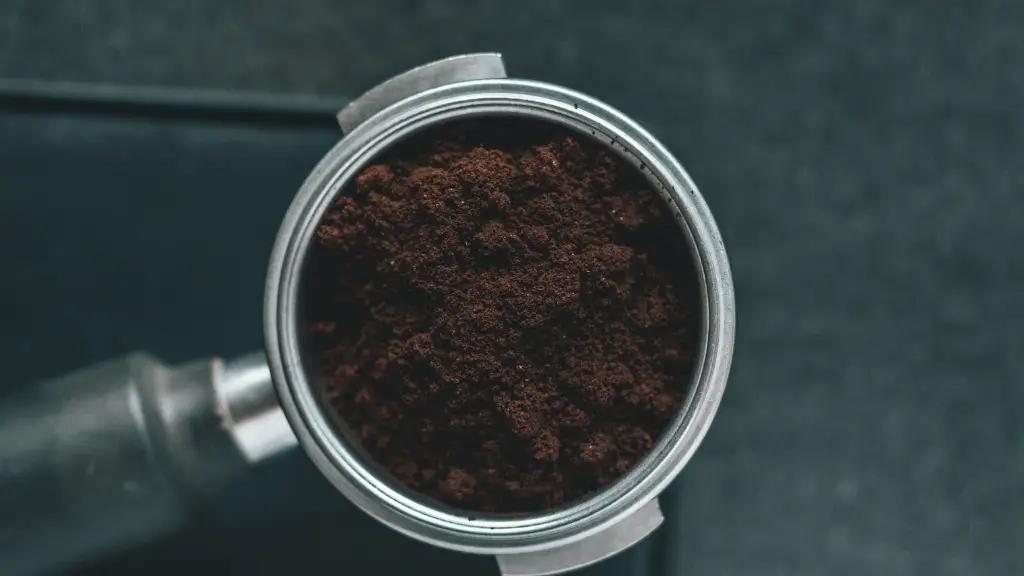Coffee is one of the world’s favorite drinks, but can it affect your cholesterol test results? Research has shown that caffeine and other components in coffee can alter blood cholesterol levels, and it is important to understand whether drinking black coffee before a cholesterol test would affect the results.
Effect on blood cholesterol levels
According to the American Heart Association, coffee can raise LDL or “bad” cholesterol. In addition, they state that caffeine in coffee can increase triglycerides and may modestly raise the risk of coronary heart disease, in addition to its diuretic effects. It is unclear whether the increase in LDL cholesterol is due to the caffeine or some other component in coffee. Despite this, coffee may also have other beneficial effects on cholesterol levels, such as raising HDL or “good” cholesterol.
Other studies have looked at the effects of drinking coffee on cholesterol more directly. For example, one study found that drinking 16 ounces of coffee daily for four weeks in a row could increase LDL cholesterol by 12%. Another study found that for every cup of coffee a person drinks on a daily basis, their LDL cholesterol could increase by up to 7%.
Drinking black coffee before a cholesterol test
Given the effect that coffee can have on cholesterol levels, it is important to consider whether drinking black coffee before a cholesterol test would affect the results. According to the Centers for Disease Control and Prevention (CDC), drinking coffee before a cholesterol test could lead to inaccurate results. The caffeine in coffee can raise your blood pressure and make your heart beat faster, which can temporarily raise your cholesterol levels.
The CDC also recommends that patients should not have any food or drinks (other than water) for 8 to 12 hours before undergoing a cholesterol test. If you are unsure about when to have your cholesterol test, it is best to speak to your healthcare provider.
Factors that influence cholesterol levels
It is important to note that coffee is not the only factor that can influence cholesterol levels. A number of other factors can also affect your cholesterol levels, including your age, gender, diet, exercise, and medications. Eating a healthy diet is one of the most important ways to maintain healthy cholesterol levels, and this includes eating plenty of fruits, vegetables, and whole grains, as well as limiting saturated fats and trans fats.
Regular physical activity and maintaining a healthy weight can also help to lower cholesterol levels. So, it is important to find an exercise regimen that you enjoy and to stick to it in order to maintain healthy cholesterol levels.
The dangers of having high cholesterol
High cholesterol levels can increase your risk of heart disease and stroke, which are both leading causes of death in the United States. High cholesterol can also increase your risk of peripheral artery disease, which can lead to a heart attack or stroke. High cholesterol can also increase your risk of other health problems, such as an enlarged heart or an aneurysm.
In order to reduce your risk of these diseases, it is important to get your cholesterol tested on a regular basis and to know your numbers. If you have been diagnosed with high cholesterol, it is important to work with your healthcare provider to create a plan to manage your cholesterol levels.
Types of cholesterol tests
There are a few different types of cholesterol tests, including an HDL test, a LDL test, and a total cholesterol test. An HDL test measures the amount of HDL cholesterol in your blood, which is considered to be “good” cholesterol. A LDL test measures the amount of LDL cholesterol in your blood, which is considered to be “bad” cholesterol. A total cholesterol test measures the total amount of cholesterol in your blood.
Your healthcare provider may recommend a certain type of cholesterol test based on your age and risk factors. If you have high cholesterol, then your healthcare provider may recommend that you have all three tests done in order to get a full picture of your cholesterol levels.
Lifestyle changes to lower cholesterol
Making healthy lifestyle changes is one of the most important ways to lower cholesterol and reduce your risk of cardiovascular disease. Some of the most important lifestyle changes that you can make include eating a healthier diet, exercising regularly, and quitting smoking. Eating foods that are high in fiber, omega-3 fatty acids, and plant sterols can also help to lower your cholesterol levels.
Furthermore, getting 7 to 8 hours of quality sleep each night can help to reduce cholesterol levels. Finally, it is important to manage stress levels as this can also have an effect on your cholesterol levels. If you are dealing with stress, it is important to develop a stress-management plan that works for you.
Medications to lower cholesterol
In some cases, it may be necessary to take medication to lower cholesterol levels. It is important to speak to your healthcare provider about your cholesterol levels and the best treatment options for you. There are a number of different medications that are used to lower cholesterol, and these medications can have side effects and other risks.
Before starting a cholesterol-lowering medication, it is important to speak to your healthcare provider about any potential risks and side effects. It is also important to understand that taking medication to lower your cholesterol should be done in conjunction with other lifestyle changes, such as eating a healthy diet and exercising regularly.
Alternative treatments to lower cholesterol
In addition to medications and lifestyle changes, there are also a number of alternative treatments that may be able to help lower cholesterol levels. For example, some studies have found that herbal supplements, such as garlic and guggul, can have positive effects on cholesterol levels. Additionally, evidence suggests that increasing your intake of soluble fiber can help to reduce cholesterol levels.
It is also important to consider other factors that may be contributing to high cholesterol levels, such as a lack of exercise, an unhealthy diet, or smoking. Making lifestyle changes in these areas can help to lower cholesterol levels. Furthermore, it is important to speak to a healthcare provider before taking any alternative treatments to lower cholesterol.
Tips for overall cholesterol management
Overall, it is important to understand the effect that drinking black coffee before a cholesterol test may have on the results, and to work with your healthcare provider to develop a plan to manage your cholesterol levels. Eating a healthy diet and exercising regularly are two of the most important ways to maintain healthy cholesterol levels.
Additionally, it is important to speak to a healthcare provider if you are considering using an alternative treatment to lower cholesterol. Furthermore, it is important to get regular cholesterol tests and to understand your numbers. Taking all of these steps can help to ensure that your cholesterol levels remain in a healthy range.




